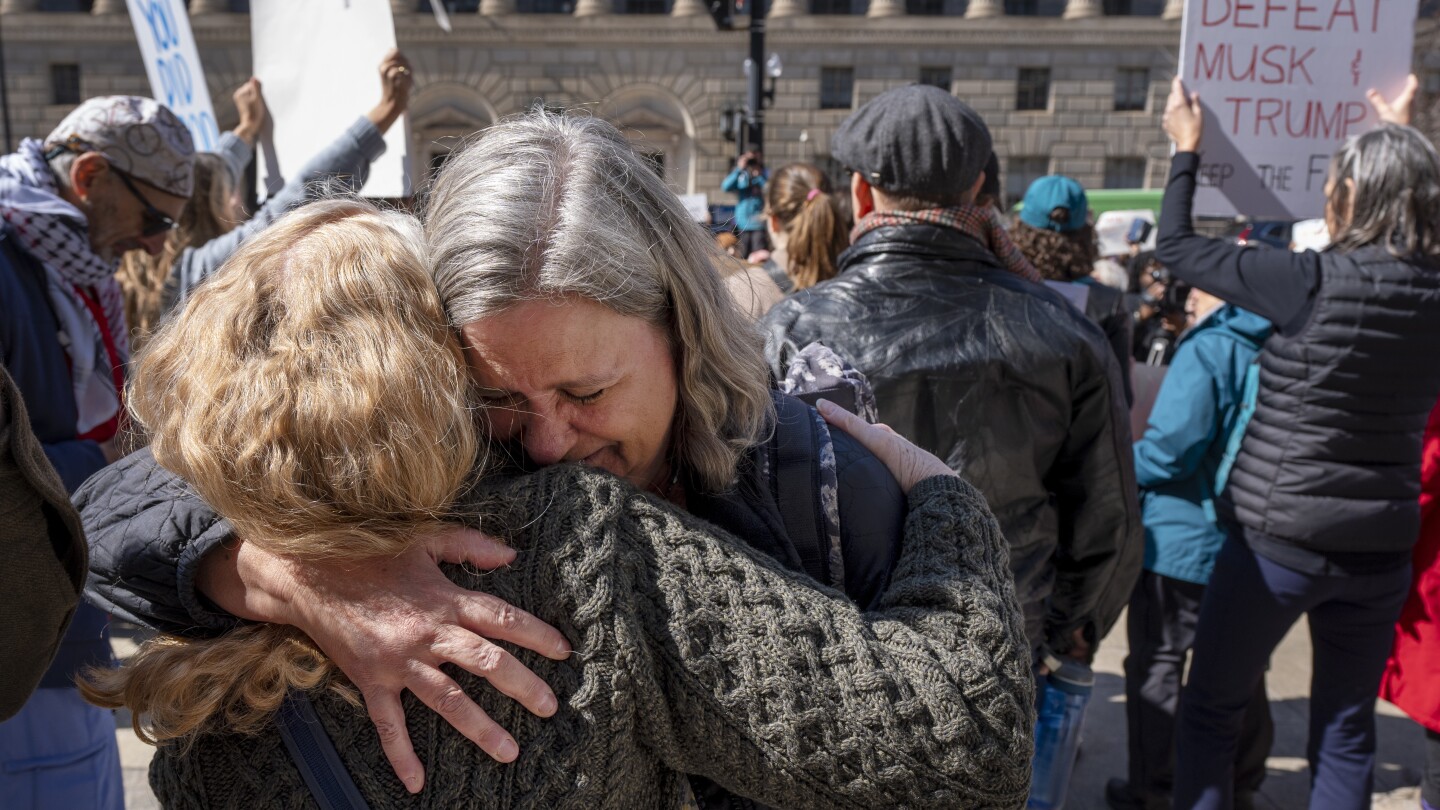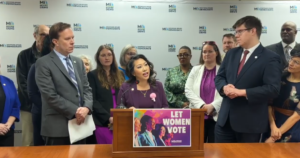In a significant judicial decision, a federal judge has determined that President Donald Trump exceeded his constitutional powers by halting nearly all expenditures on U.S. humanitarian and development aid overseas. This ruling emphasizes that the administration cannot delay the allocation of billions of dollars designated by Congress for foreign assistance.
Judge Amir H. Ali’s decision, however, did not mandate the Trump administration to reinstate the numerous contracts that were abruptly ended, affecting U.S. aid and development projects globally.
The judgment coincided with Secretary of State Marco Rubio’s announcement of a substantial reduction in U.S. Agency for International Development (USAID) programs, cutting 83% of them. Rubio indicated that the remaining aid programs would transition under the State Department’s jurisdiction.
Rubio communicated this development on X, highlighting the historic shift away from traditional U.S. foreign aid, led by Trump appointees and Elon Musk’s Department of Government Efficiency teams.
In his post, Rubio acknowledged the efforts of DOGE and the dedicated staff who contributed to the reform in foreign aid. Trump’s executive order on January 20 initiated a freeze on foreign aid funding, labeling much of it as wasteful and politically motivated.
Rubio’s statement declared the review concluded, with approximately 5,200 out of 6,200 USAID programs terminated. He asserted that these programs did not align with U.S. national interests, and the remaining contracts would be overseen by the State Department.
Critics, including Democratic lawmakers, argue the shutdown of these programs violates legal protocols, claiming congressional approval is necessary for such actions.
Judge Ali’s preliminary injunction emphasized that the power to allocate foreign aid rests with Congress, a principle upheld consistently by the Supreme Court. Although Ali did not revive canceled contracts, he ordered the administration to repay about $2 billion owed to aid groups and businesses by mid-February, at a rate of at least 300 payments daily.
Despite assertions from the administration of continued funding for critical programs, USAID partners report a complete halt in payments, attributed to Musk’s DOGE disabling the agency’s payment system.
Ali’s ruling followed the Supreme Court’s dismissal of the Trump administration’s appeal. The reduction in USAID activities has obscured the administration’s stance on U.S. international efforts, with former USAID administrator Andrew Natsios noting a lack of support for democracy, civil society, and health programs.
Republicans advocate for foreign aid that narrowly serves U.S. national interests, a shift from long-standing policies that viewed humanitarian aid as enhancing national security through regional stability and alliances.
Recent court filings by the State Department disclosed a plan to terminate over 90% of USAID programs. Rubio did not clarify the discrepancy with his own figures.
Trump’s directive led to significant disruptions, with Pete Marocco and Musk removing USAID staff globally, ceasing payments, and terminating thousands of contracts. This upheaval has left many staffers and contractors stranded overseas, awaiting compensation and travel arrangements.
The administration has set an April 6 deadline for USAID staff abroad to return to the U.S. on government expense, prompting concerns about the practicality of such a timeline for relocating families.






